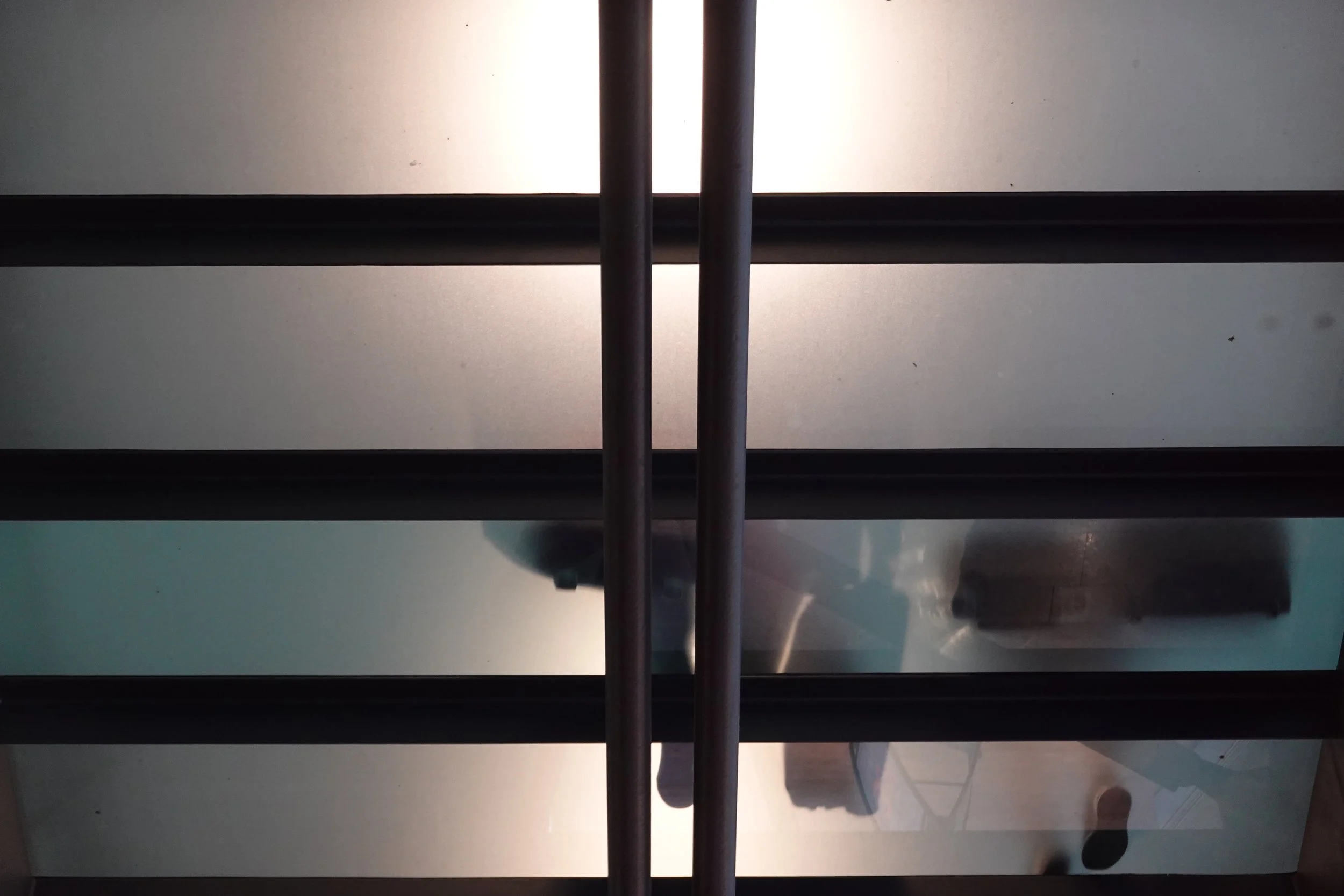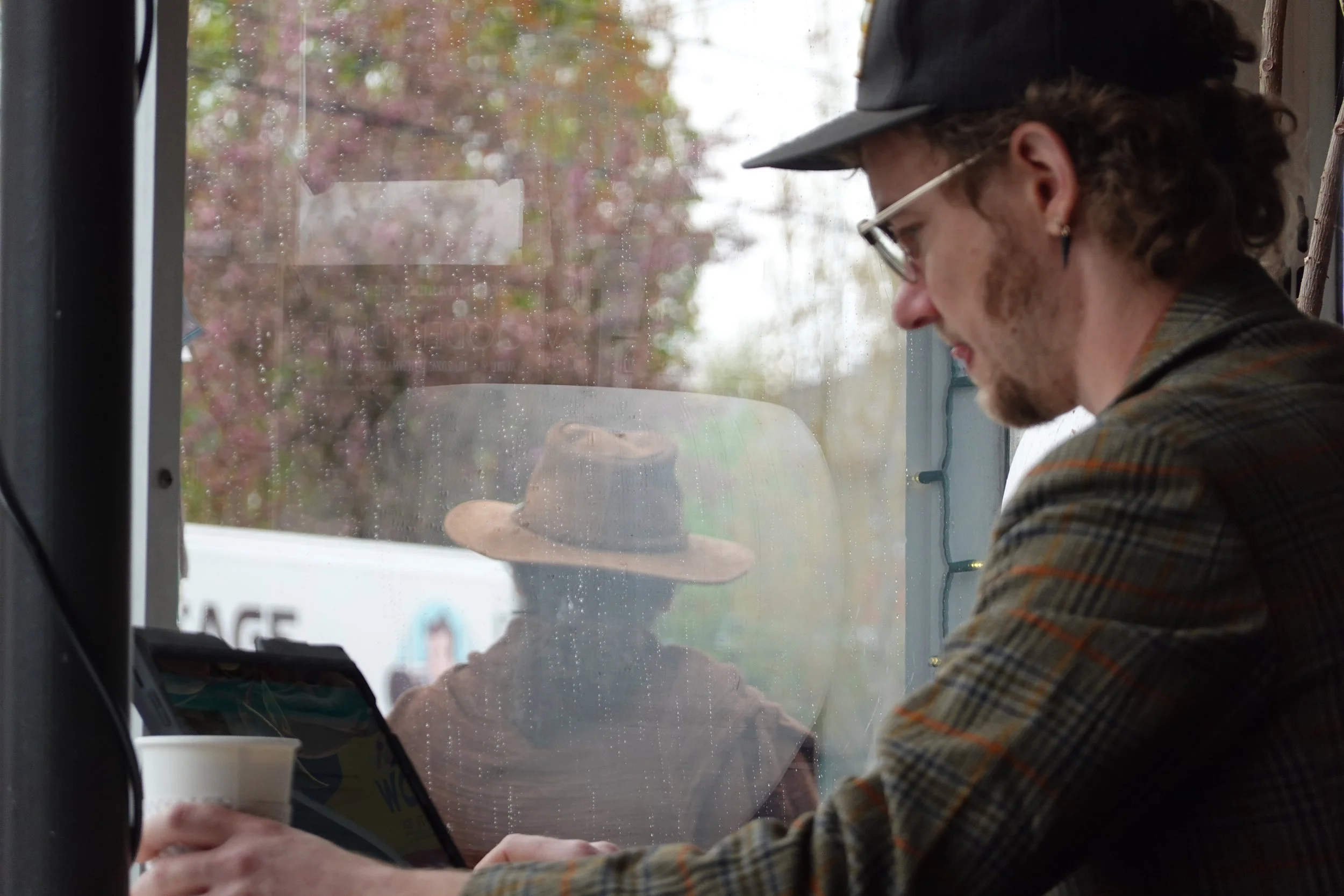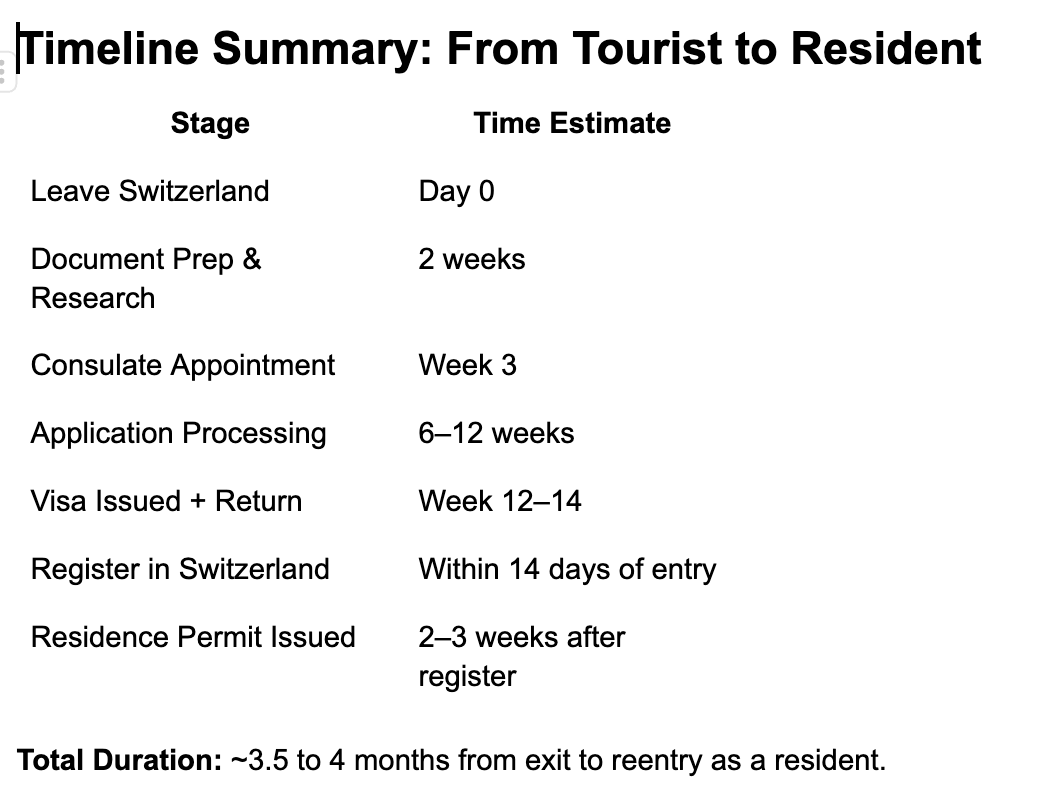
How to Obtain a Swiss Visa
If you’ve fallen in love with Switzerland while on your 90-day tourist stay, be it the exceptional wurst, the stanky cheese and even stankier fondue, the humbling scale of the Alps, sun-bleached mountain hut terraces, the undeniable sense of order, cowbells echoing through deep green valleys or the absurd Schweiz Duetsch language (not even a written language)—you might be wondering:
How can I live here?
Switzerland doesn’t make it easy to extend your stay once you’re already in the country. While the romantic idea of just “figuring it out while I’m here” might sound tempting, the process for securing a long-stay visa must, (in most cases) begin from outside Switzerland—specifically, from your home country. Swiss immigration policy is strict in this regard: you cannot change your visa status from within Switzerland unless you're in a very rare, specific exception (like marriage to a Swiss citizen, or immediate family reunification under certain conditions). Here's what that process actually looks like, laid out clearly so you know what to expect.
Step 1: Exit Switzerland Before Day 90
Your time on a Schengen tourist visa allows you to stay in the Schengen Zone, (Switzerland) for up to 90 days within any 180-day period. Staying beyond this period without the correct paperwork puts you at risk of being flagged by border authorities or banned from reentry. Once your 90-day stay ends, you’ll need to return to where you are considered a legal resident and eligible to apply through Swiss consular services.
Step 2: Return to Your Home Country and Start the Application
Once back in your country of residence, you’ll need to:
Determine the correct visa type (e.g., student, work, family reunification, retirement).
Contact the Swiss Consulate General in either, Washington, DC; Atlanta, GA; Boston, MA; Chicago, IL; New York, NY; and San Francisco, CA for specific instructions.
Gather all required documents, which generally include:
Valid passport
Purpose-specific documentation (swiss university admission letter, job contract, etc.)
Completed national visa application form (Visa D)
Housing confirmation in Switzerland
Proof of sufficient financial means
Proof of health insurance valid in Switzerland
Letter of motivation
Proof of accommodation in Switzerland
Passport-sized photos
Visa application forms
Step 3: Consulate Appointment & Submission
You'll need to schedule and attend an in-person appointment at your assigned Swiss consulate. Appointments must be scheduled in advance, and in some cases, wait times can be several weeks. In the United States, they are located in New York, San Francisco, Atlanta, Chicago, Los Angeles and Washington, D.C. At this appointment, you’ll submit your documents and pay a visa fee (typically $70–$150).
After your appointment, the consulate sends your application to the Swiss canton where you intend to reside. This is where the real waiting begins.
Step 4: Processing Time (6–12 Weeks)
Swiss authorities are known for precision, but not necessarily for speed. It typically takes 6 to 12 weeks for cantonal authorities to review your file. This includes checking your background, financials, and the credibility of your application.
During this time, you cannot travel back to Switzerland—even as a tourist. Your application must be processed while you’re outside the country.
Step 5: Approval and Return to Switzerland
If approved, the consulate will contact you to collect your visa D, a national visa that grants you entry to Switzerland for the purpose stated in your application. You’ll get a visa stamp in your passport, allowing you to enter Switzerland one time to begin the next phase of your stay.
Once in Switzerland, you must:
Register with the local municipality (Gemeinde) within 14 days of arrival.
Provide proof of address and your visa approval.
Undergo biometric scanning for your Swiss residence card (B-permit or L-permit depending on duration and purpose of stay).
You’ll receive your official Swiss residence card in the mail within a few weeks.




